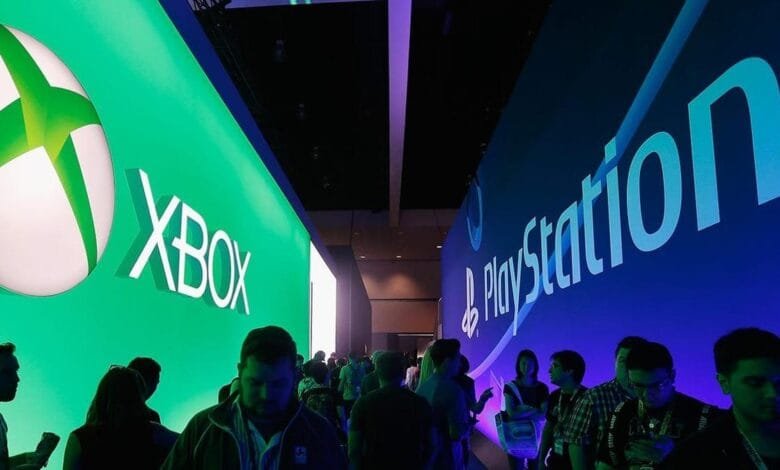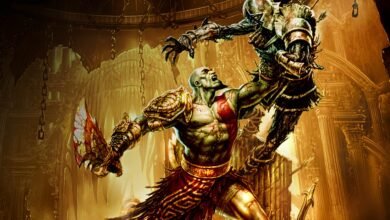Gaming Console Exclusives Face an Uncertain Future

▼ Summary
– The PS5 and Xbox Series X/S launch reignited console wars, with exclusives like Final Fantasy and Bethesda games driving competition, but exclusivity now appears to be declining.
– Sony’s new job listing for a multiplatform director suggests plans to expand PlayStation Studios games to non-PlayStation platforms, including Xbox, Nintendo, and PC.
– Microsoft has shifted from exclusivity, porting games like Sea of Thieves and Hi-Fi Rush to rival consoles due to weak Xbox sales and to reach broader audiences.
– Rising game development costs and stagnant console sales are pushing Sony to maximize profits by releasing more games on competing platforms, starting with live-service titles like Helldivers 2.
– Industry experts argue exclusives no longer drive console sales, as players prioritize ecosystems and friend lists over platform-specific games, signaling a broader shift away from exclusivity.
The gaming industry is witnessing a seismic shift in how console exclusives operate, with traditional barriers between platforms gradually dissolving. What began as fierce competition between PlayStation and Xbox to lock down exclusive titles has evolved into a more open approach, where games increasingly appear across multiple systems. This transformation reflects broader changes in player behavior and the economic realities of modern game development.
Sony’s recent job listing for a senior director of multiplatform strategy signals a major strategic pivot. The role explicitly mentions expanding PlayStation Studios’ titles to platforms like Xbox, Nintendo, and PC, a move that would have been unthinkable just a few years ago. While Sony has already experimented with PC ports of games like Horizon Zero Dawn and Days Gone, this new position suggests a more aggressive push beyond PlayStation hardware. Even multiplayer titles such as Helldivers 2 are now launching on rival consoles, hinting at a future where exclusivity is the exception rather than the rule.
Microsoft’s struggles with Xbox hardware sales have accelerated this trend. Facing disappointing console adoption, the company reversed course on exclusivity, bringing formerly Xbox-only games like Sea of Thieves and Hi-Fi Rush to PlayStation and Switch. Even flagship franchises like Gears of War are making their way to competing platforms. The success of these ports has proven that players are more interested in accessing games wherever they prefer, rather than being tied to a single ecosystem.
Rising development costs and plateauing console sales further drive this shift. Blockbuster games now require massive budgets, making it financially risky to limit them to one platform. Leaked documents from Insomniac Games revealed just how thin profit margins can be, even for hits like Spider-Man. By expanding to additional platforms, publishers can maximize revenue without significantly harming their own hardware sales.
Player habits are also changing. Younger audiences, in particular, care less about which console they own and more about where their friends play and which services offer the best value. Industry analysts note that exclusives no longer drive hardware sales the way they once did. As Xbox head Phil Spencer admitted, even a critically acclaimed exclusive like Starfield won’t convince PlayStation fans to abandon their ecosystem.
Nintendo remains the outlier, maintaining a tight grip on its first-party exclusives. However, for Sony and Microsoft, the future seems to favor accessibility over walled gardens. While major single-player titles like God of War may stay exclusive for now, the line between platforms is blurring. The era of fierce console wars may be fading, replaced by a landscape where players can enjoy their favorite games, regardless of the box under their TV.
(Source: kotaku)





